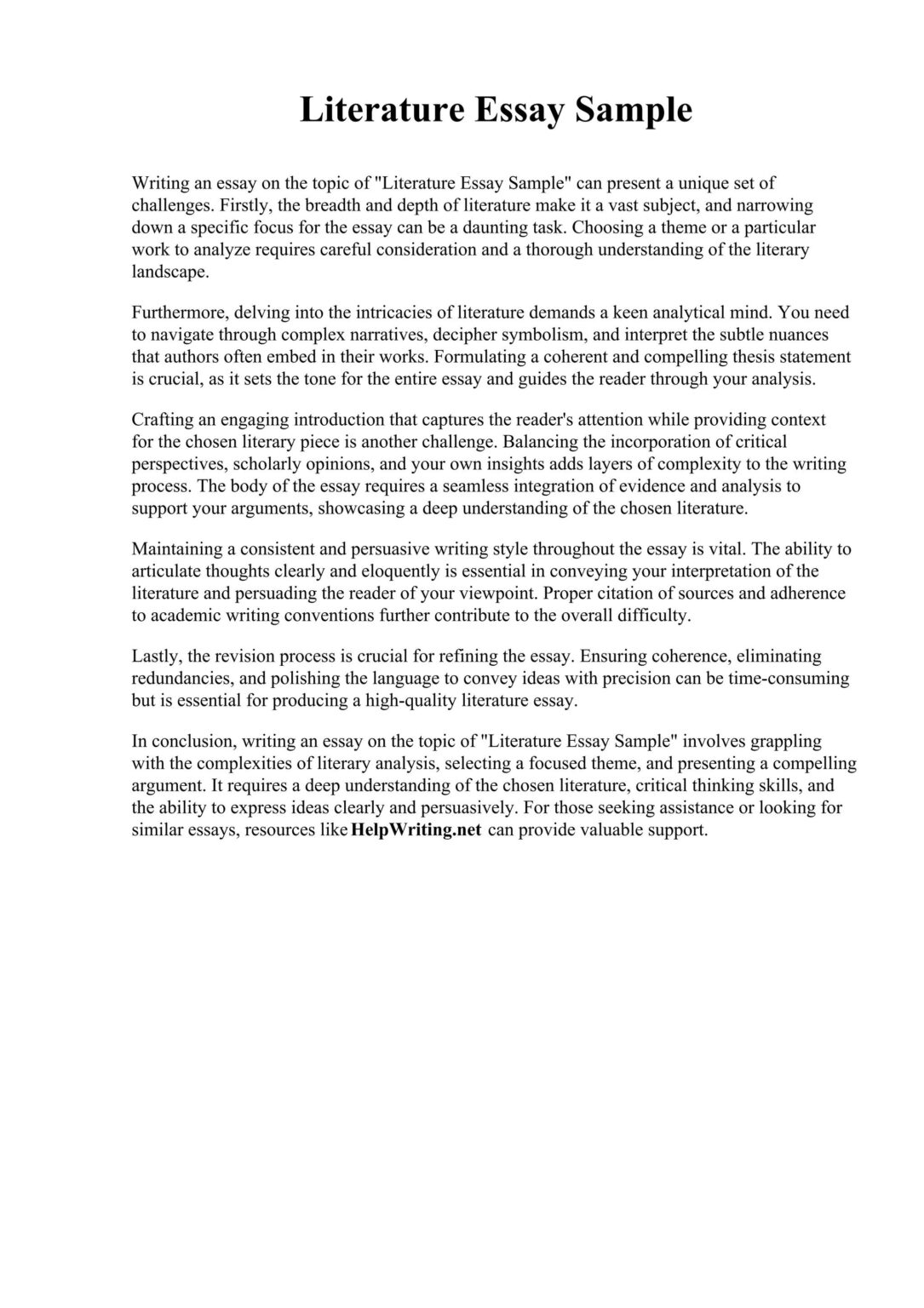In a significant boost to regional connectivity and economic development, Zambia, China, and Tanzania have entered into a landmark $1.4 billion agreement aimed at modernizing the Tanzania-Zambia Railway Authority (TAZARA). This ambitious project is expected to enhance transportation infrastructure, improve trade routes, and foster greater economic cooperation among the three nations. The TAZARA railway, which plays a crucial role in linking landlocked Zambia to the ports of Dar es Salaam in Tanzania, has faced challenges including outdated systems and maintenance issues. The revitalization effort, underpinned by Chinese investment, signals a renewed commitment to fostering bilateral ties and promoting sustainable growth in the Southern African region. As stakeholders eagerly anticipate the implications of this deal, it underscores the strategic importance of rail transport in regional trade dynamics.
Zambia China Tanzania Partnership to Revitalize TAZARA Railway Infrastructure
The recent agreement among Zambia, China, and Tanzania marks a significant milestone towards the revitalization of the TAZARA railway infrastructure. This $1.4 billion initiative is aimed at enhancing the operational efficiency of one of Africa’s vital transport corridors, which has faced years of neglect. The investment will focus on a wide range of improvements, including:
- Track Rehabilitation: Upgrading existing tracks to improve safety and speed.
- Station Modernization: Refreshing passenger and freight stations for better service delivery.
- Rolling Stock Upgrade: Acquiring new locomotives and freight cars to enhance cargo capacity.
- Telecommunication Enhancement: Implementing modern signaling systems to streamline operations.
This partnership is expected to foster economic growth in the region by facilitating trade and reducing transportation costs. As a result of these upgrades, TAZARA is projected to handle a substantial increase in freight, making it an indispensable asset for landlocked countries like Zambia and providing Tanzania with greater access to international markets. The collaborative effort underscores a vital strategy to promote regional integration and connectivity, reinforcing the significant role of rail transport in Africa’s development landscape.
Strategic Implications of the $1.4 Billion Rail Modernization Deal
The recent $1.4 billion deal to modernize the TAZARA railway represents a significant advancement in regional infrastructure development, with profound implications for trade and economic integration in Southern Africa. By enhancing this critical transport artery, Zambia, China, and Tanzania aim to improve connectivity, which could lead to enhanced trade flows and increased economic cooperation between these nations. The investment in modernizing the railway infrastructure not only facilitates the efficient movement of goods but also has the potential to decrease transportation costs and improve overall supply chain dynamics within the region.
Moreover, this collaboration emphasizes China’s continued commitment to investing in African infrastructure projects, which serves multiple strategic interests. The modernization of TAZARA can be seen as part of China’s broader Belt and Road Initiative (BRI), fostering closer ties with African nations while securing key logistical routes for its commodities. Additionally, this project could serve as a model for future collaborative opportunities across the continent, showcasing how strategic partnerships can address infrastructural challenges and enhance economic prospects. Key implications of this deal include:
- Regional Trade Boost: Increased capacity for transporting goods between landlocked Zambia and the port city of Dar es Salaam, Tanzania.
- Investment Attraction: Improved railway services may attract further foreign investments in various sectors, particularly mining and agriculture.
- Job Creation: The modernization project is likely to create thousands of jobs in both construction and railway operations.
- Environmental Impact: A shift towards more efficient rail transport could reduce dependence on road freight, leading to lower carbon emissions.
Recommended Measures for Sustainable Management and Regional Cooperation
The transformative $1.4 billion agreement to revitalize the TAZARA railway between Zambia, China, and Tanzania marks a significant step toward enhancing regional connectivity and economic growth. To ensure the sustainable management of this critical infrastructure, stakeholders should consider implementing the following measures:
- Environmental Impact Assessments: Prioritize comprehensive evaluations before initiating projects to mitigate adverse effects on ecosystems.
- Community Engagement: Involve local communities in planning and decision-making processes to promote inclusivity and address their concerns.
- Resource Efficiency: Employ sustainable technologies and practices during construction and operation to minimize waste and energy consumption.
- Regular Monitoring: Establish a framework for ongoing environmental and social assessments to adapt strategies as necessary.
Moreover, fostering regional cooperation among Zambia, China, and Tanzania is essential for maximizing the benefits of the railway modernization. Collaborative initiatives could include:
- Joint Investment Strategies: Pool resources for shared projects, enhancing financial stability and mutual trust.
- Cross-border Trade Agreements: Streamline customs processes to facilitate smoother transport of goods and services between countries.
- Capacity Building Programs: Focus on education and training for local workforces to ensure skilled labor for ongoing maintenance and operation of the railway.
To Wrap It Up
In conclusion, the $1.4 billion investment to modernize the TAZARA railway represents a significant step forward for economic cooperation between Zambia, China, and Tanzania. This strategic partnership not only aims to enhance transportation infrastructure but also to stimulate regional trade and development across Southern Africa. As the three nations look to boost connectivity and bolster their economies, the revival of the TAZARA railway will play a crucial role in unlocking new opportunities for trade and collaboration. Moving forward, stakeholders will undoubtedly be keen to monitor the progress of this ambitious project, which has the potential to transform the movement of goods and people across the region. With the support of Chinese investment, Zambia and Tanzania are poised to embark on a new era of railway efficiency that could redefine their economic landscapes.

